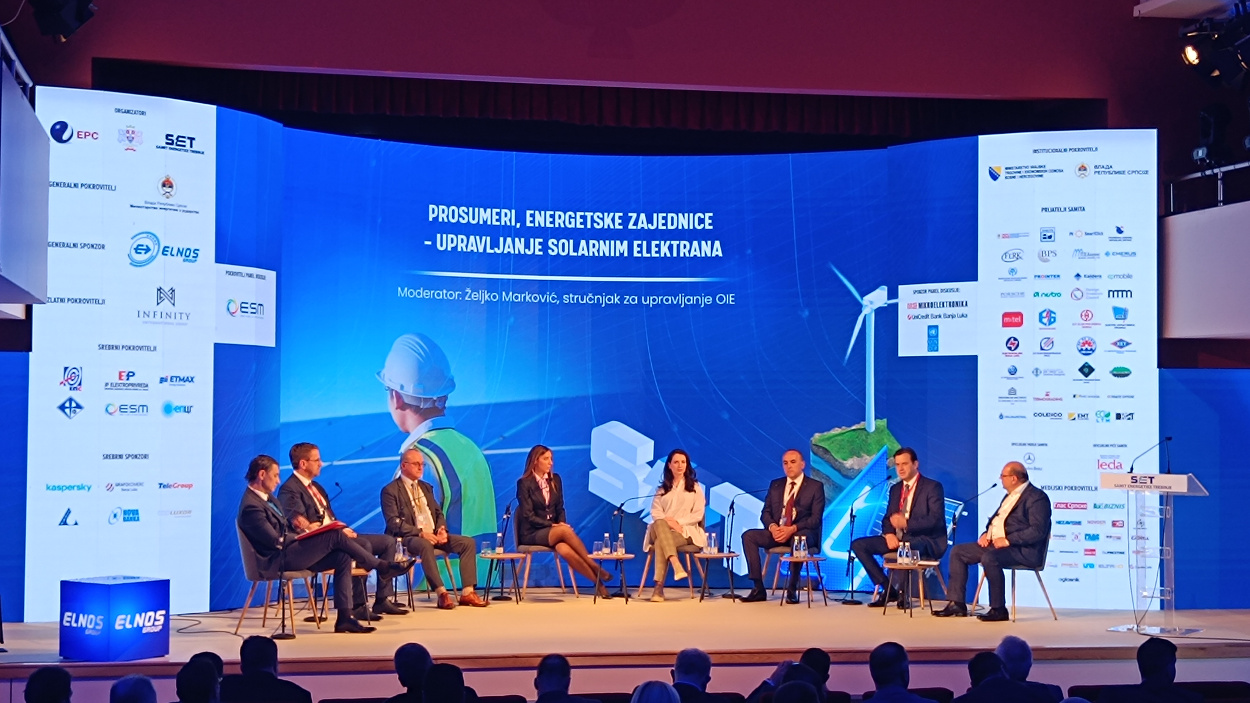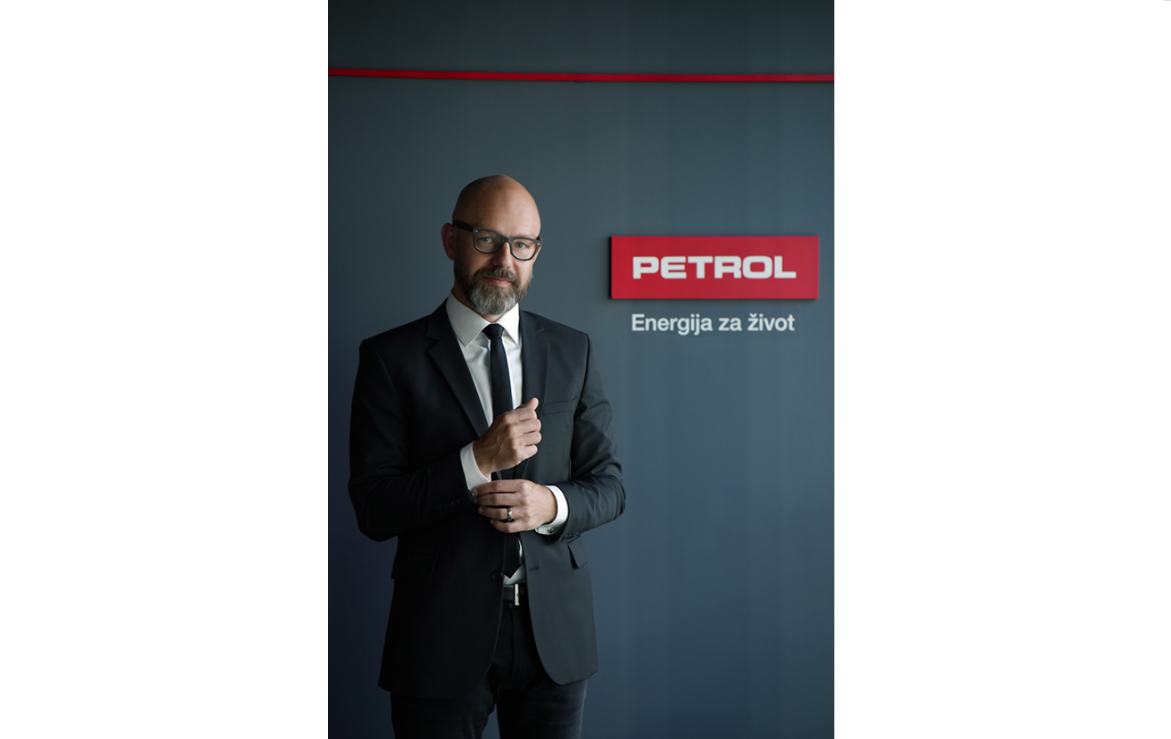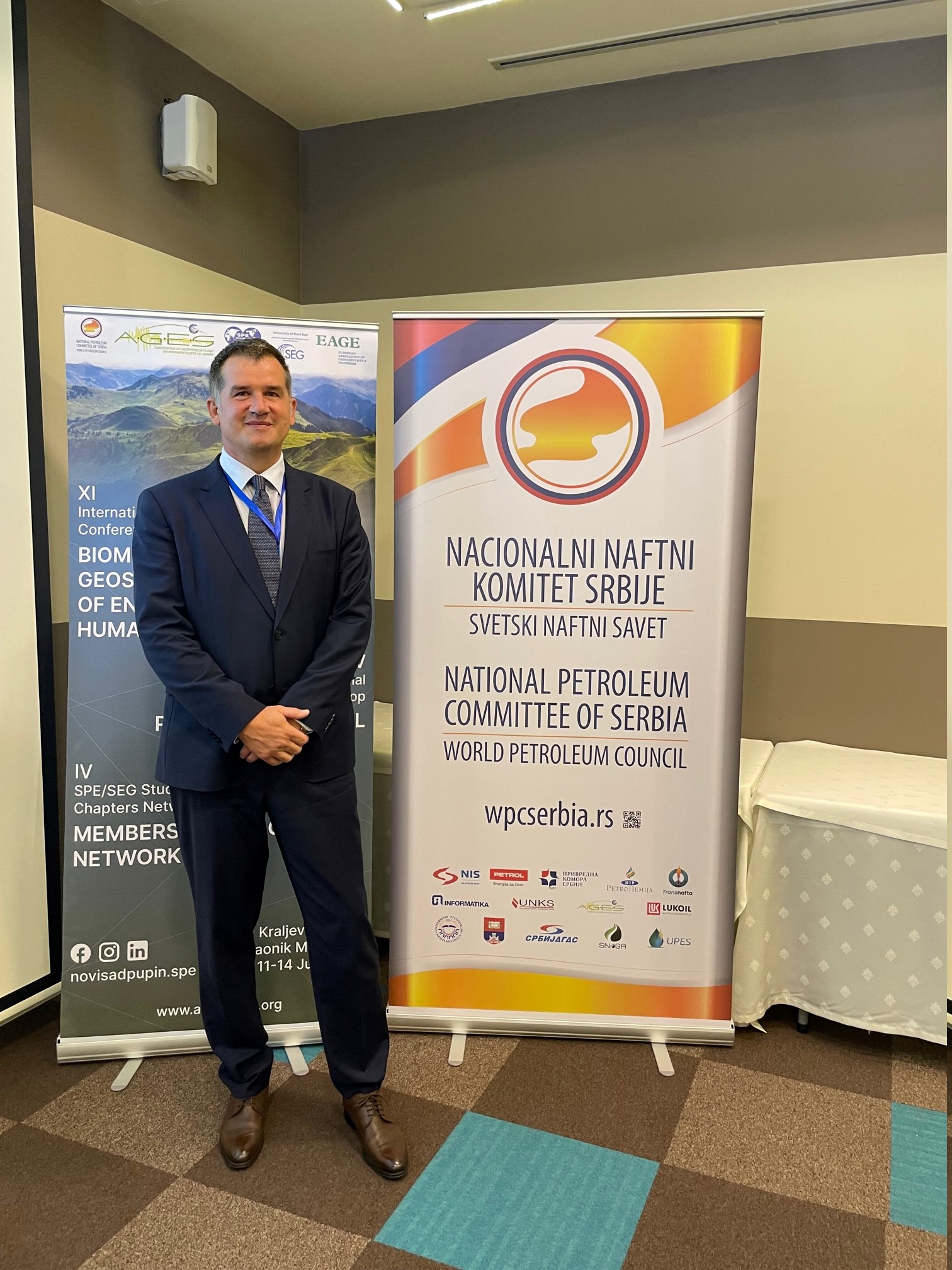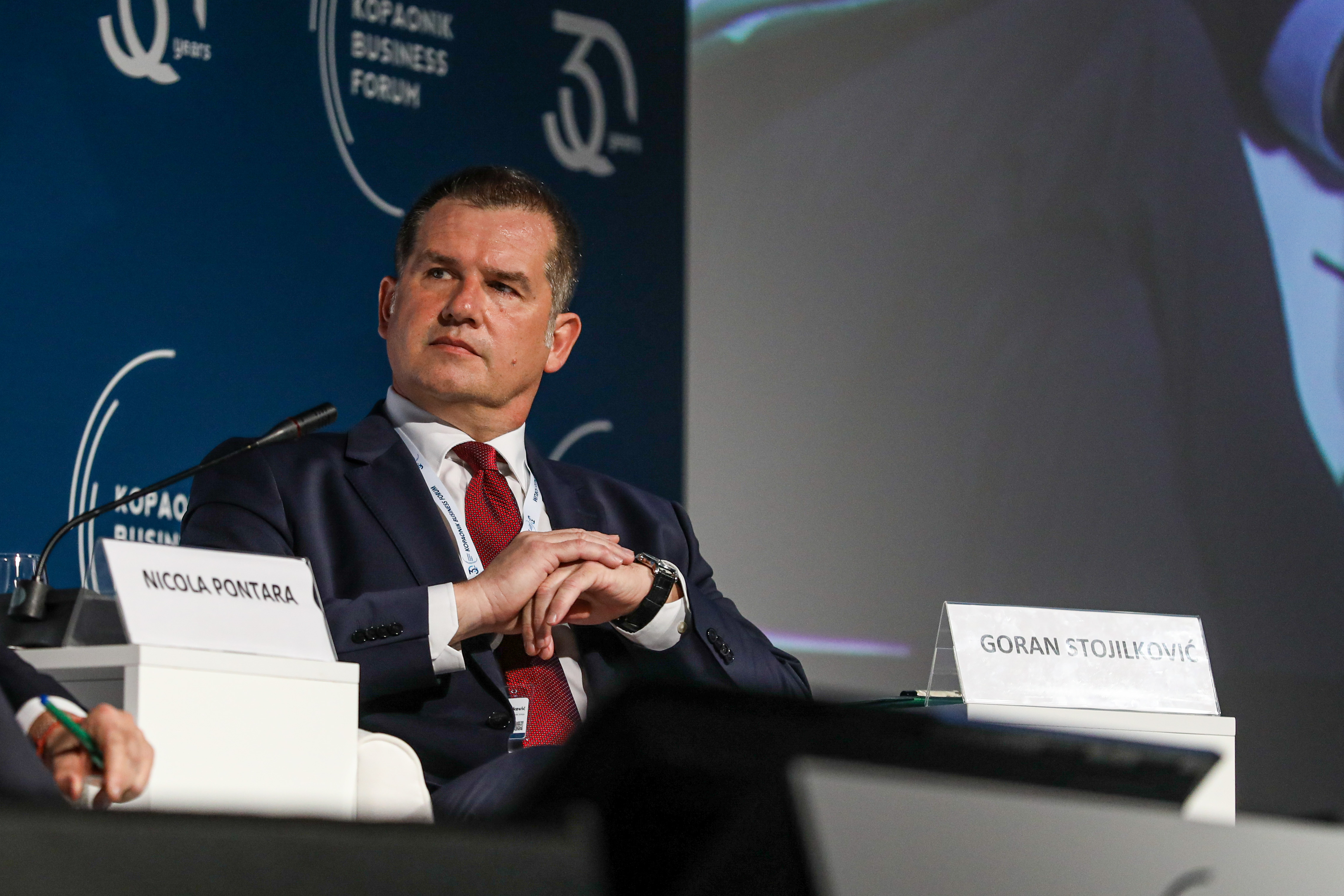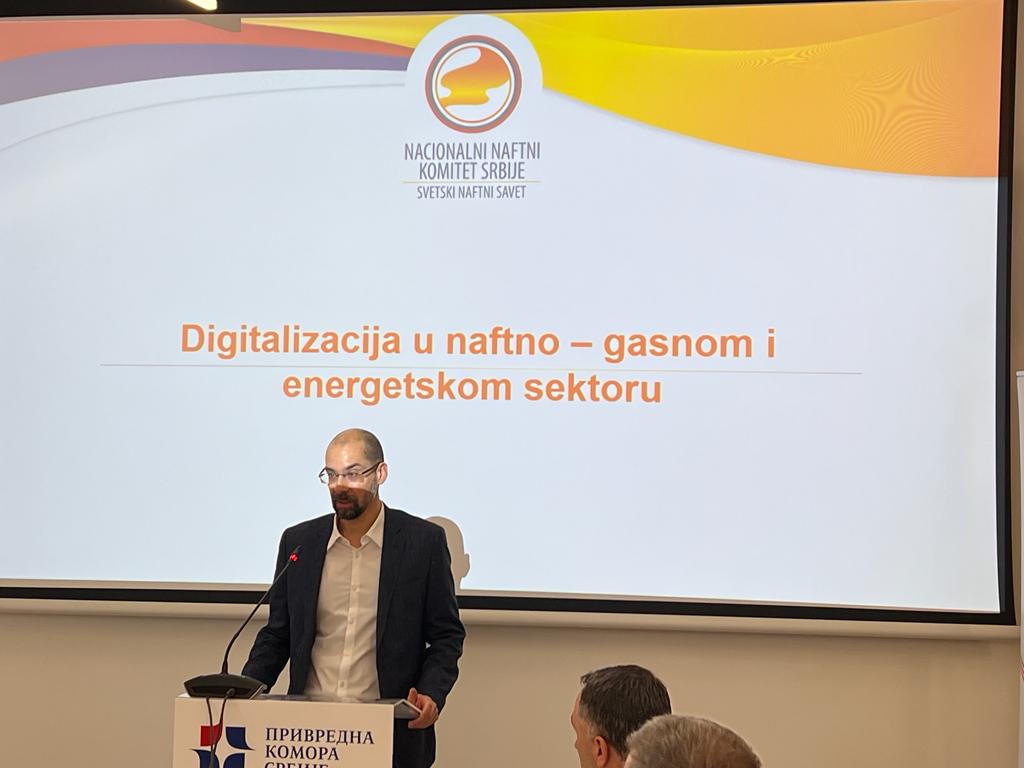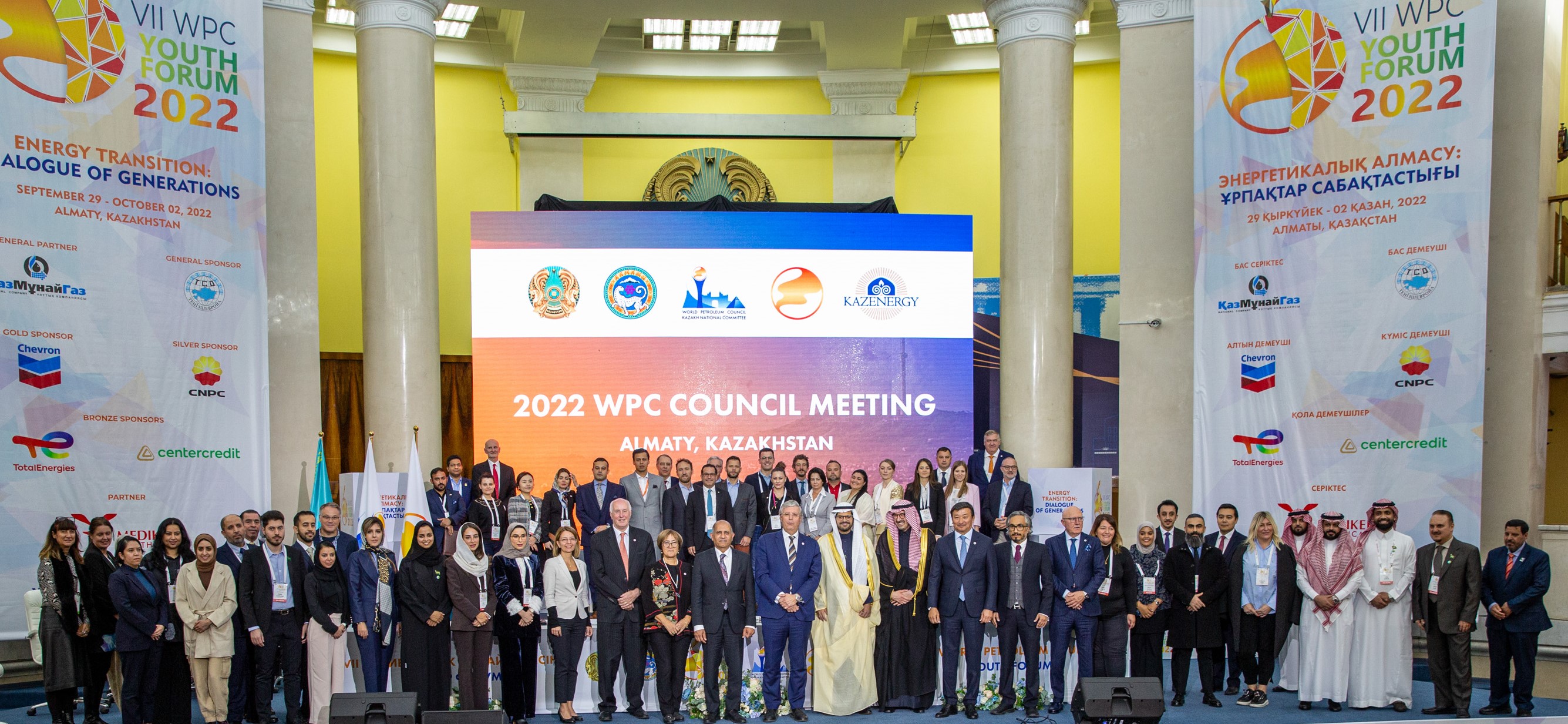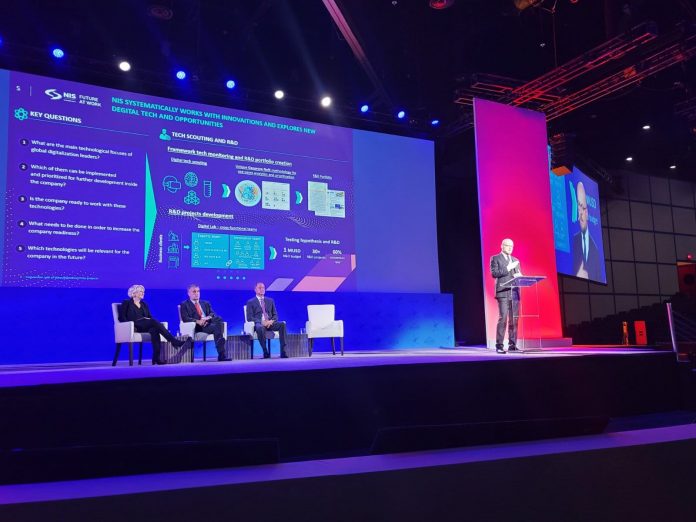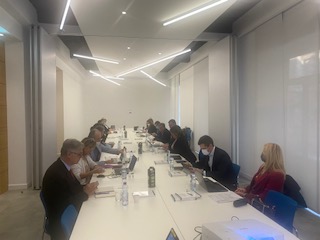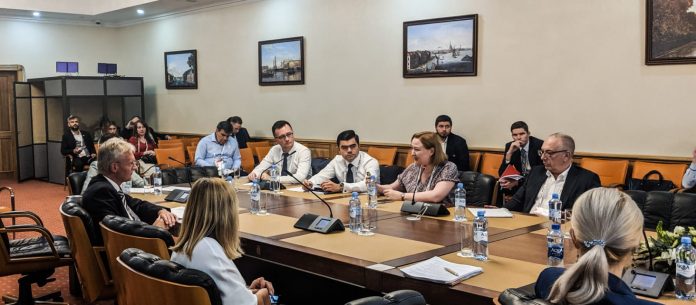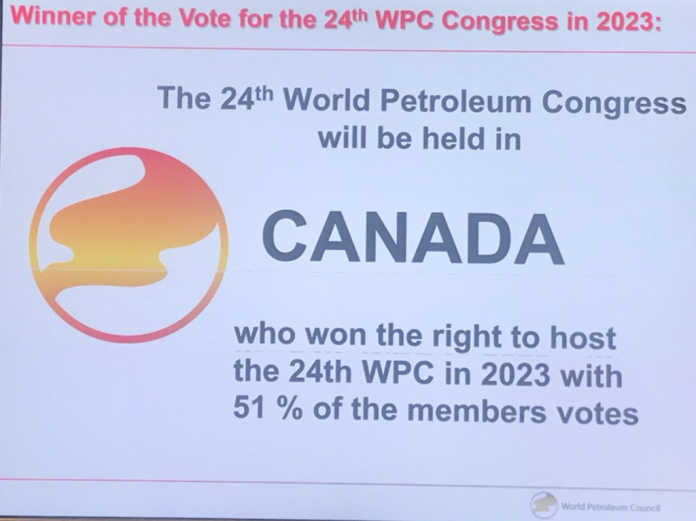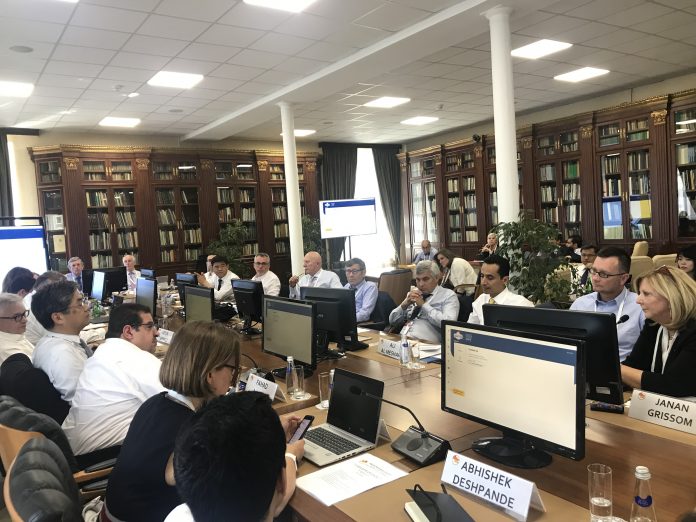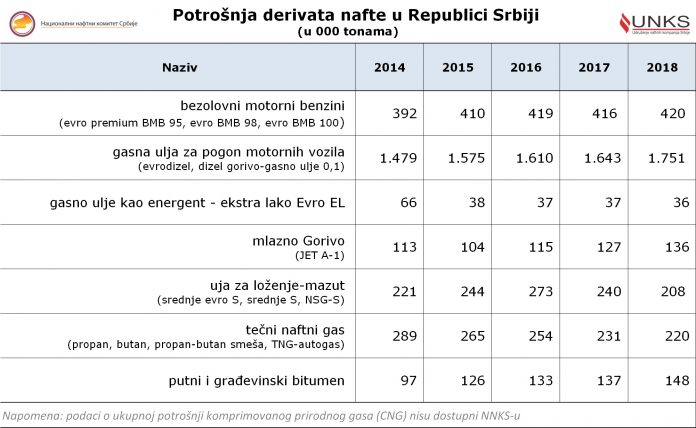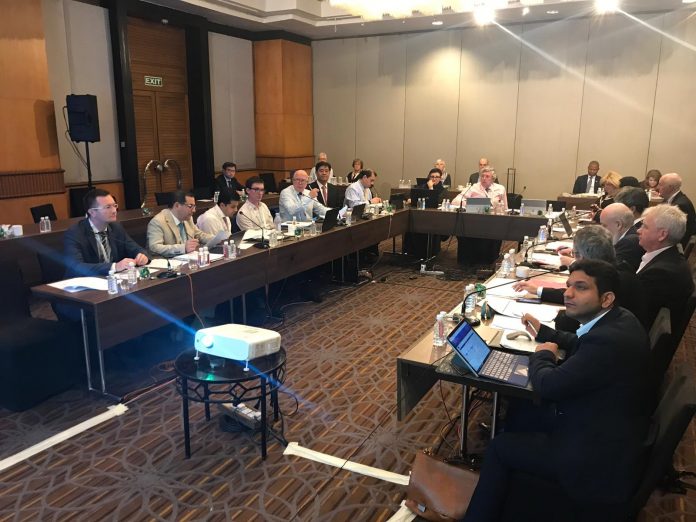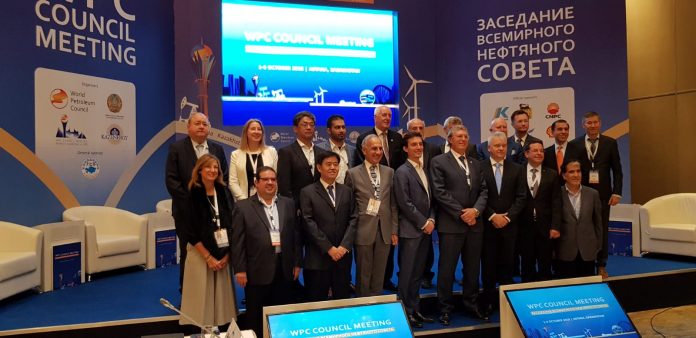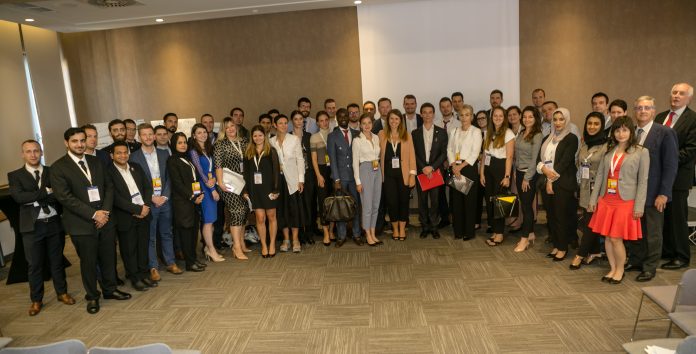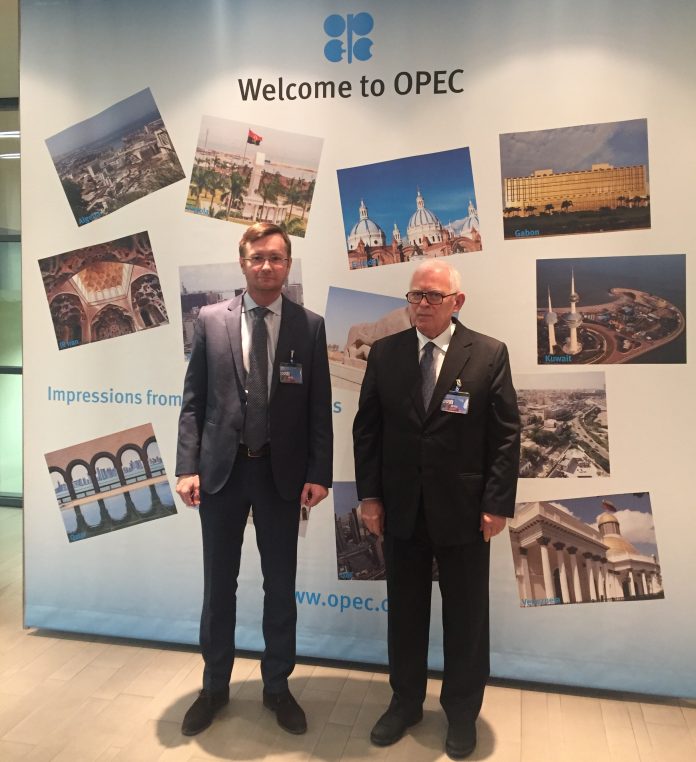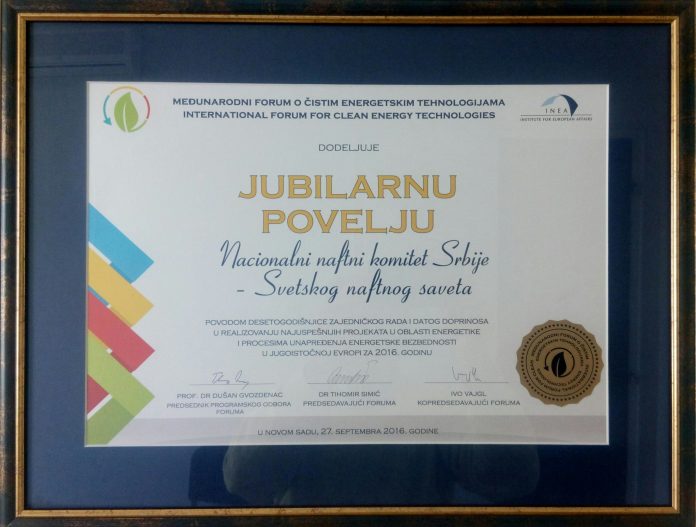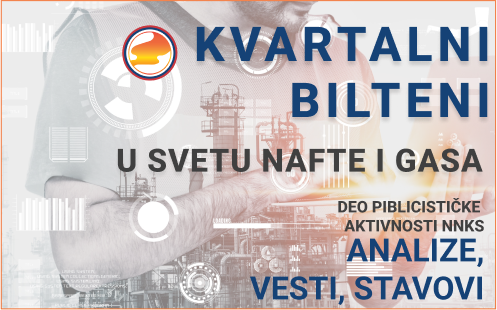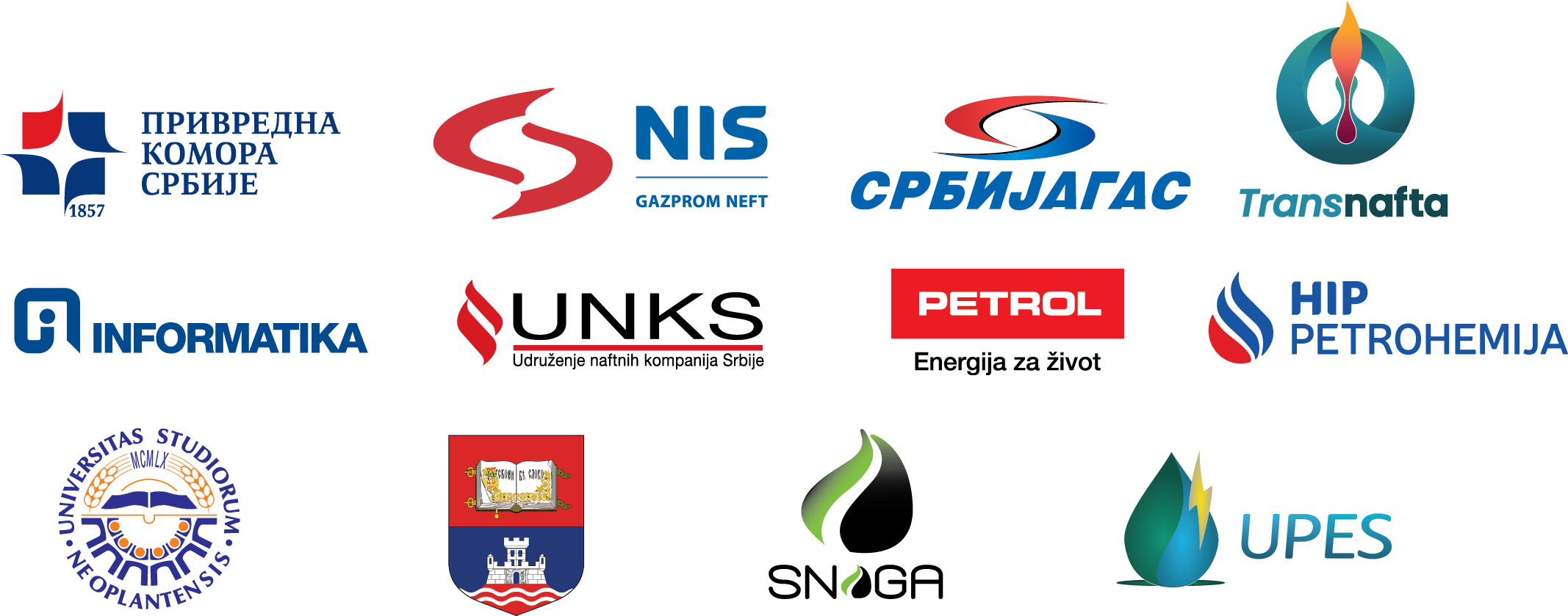Petroleum sector is still strategically important
No other industry works on time horizons like we do and most of our projects can last for 20 years or more. But most of the time, as an industry, we manage uncertainty – price, geological, technical and geopolitical. We are as an industry unbelievably good at what we do. We are essential for modern life – there is no escaping it. We are responsible for economic growth, have been for over 150 years and will be for many more to come, says Dr Pierce Riemer, Director General, World Petroleum Council in interview for Quarterly Bulletin of the National Petroleum Committee of Serbia
On which topics will focus congress in Calgary scheduled for September this year?
In advance of the 23rd World Petroleum Congress taking place in Houston, 2021 (delayed one year due to Covid), we announced that the theme for the 2023 conference is Energy Transition - the Path to Net Zero. This theme is an important direction for the World Petroleum Congress and its members, and it reflects the exciting future in the global energy industry. A lot of what happens in Calgary will help shape the direction of the global energy industry in the years to come. Conversations will help define realistic, workable paths to a fair and sustainable net-zero future and help elevate the energy sector for the next 25 years and beyond. When the programme for the Congress was prepared, we considered that success will be achieved if the conference brought together all key stakeholders in constructive discussions covering areas that include:
• the ways to ensure delivery of energy, in a reliable, affordable, environmentally acceptable and socially responsible manner;
• updates on the most recent technological advances in exploration, production, refining, petrochemistry, gas development and transportation, and renewable sources of energy;
• best practices in environmental management, including reduction of carbon emissions,
• and finally the ways to meet society’s expectations from our industry.
Part of our focus is away from “talk” and to concentrate on real projects that make a real difference to our industry and the world.
What are the main challenges for oil and gas sector today?
We believe the greatest challenge we face as an industry is to enhance our reputation and credibility with our many stakeholders. We represent a major part of the solution in meeting the world’s future energy demand. We must respond to this challenge in a way that is economically viable, environmentally sound and socially responsible. In order to maximise our contribution to this debate, we need to build trusting relationships with our stakeholders. We also must level the playing field within our industry, so that all companies recognise and respond to pressing global issues in a clear and consistent manner.
Oil and gas represent a resource that has brought improved lifestyles, as well as economical and social development to many. Oil and gas represents the majority of the total energy supply globally. The importance of oil and gas will not diminish the next few decades. There are good reasons to believe that ample resources exist, but must still be proven and produced. Fossil fuels started the industrial revolution and are still responsible for much that is around us today: from fuels, clothes, fertilisers, polymers, pharmaceuticals, the list is endless. Oil and gas have been the drivers for improvements in standards of living and human development. The oil and gas industry will continue to play a central role in world energy supply for many years to come.
I think this is all reflected in our theme and how we get to net zero. Energy transition will be a key topic discussed in several sessions in Calgary. It is often portrayed in the media in terms that compare it to a revolution, a moment in time when everything changes. Countries and different sectors will advance at different speeds, and we are talking about changes that will take place over generations.
Despite the growth of renewables, fossil fuels will continue to be a major part of the energy mix. Most organizations estimate that over 60% of the world’s energy needs by 2050 will be provided by fossil fuels. However, the energy mix is expected to shift over time towards more real renewables and our challenge is to continue to use fossil fuels in a net zero environment.
We will need all energy sources in order to satisfy this rising demand and continue to support economic development while at the same time mitigating the impact of climate change. Another key challenge that will be discussed at the congress is to drive technology and innovation in combination with clear, predictable energy policies.
How do you see perspectives of green transition? How will actual global situation in the energy sector will be impacted by the green transition in the future?
Restrictions on access to acreage remain a serious impediment to security of supply. Such restrictions occur for a variety of reasons such as resource nationalism, environmental concerns, fear of investment and geopolitical unrest. These barriers must be removed so that vast resources that remain untapped may benefit all. In the short term and particularly in Europe, recent geopolitical events have focused minds more on energy security than climate change.
Having in mind all this issues, what are the priorities of WPC and local WPCs in member countries (like WPC Serbia) today?
IOCs and NOCs need to look for innovative ways to establish mutually beneficial forms of cooperation and combine their strengths in order to accelerate the development of oil and gas reserves and increase the world production capacity to a level that will eliminate or greatly mitigate the market supply concerns. In order to earn a societal license to operate and to be profitable, the industry must invest responsibly and ensure the sustainability of the environment for the next generations. In addition, communities must enjoy a fair share of the benefits derived from oil and gas activities. Companies that adopt corporate social responsibility as part of the core business strategy and adhere to principles of transparency, ethics and respect for human rights will gain the license to prosper and be profitable.
We need cooperation and dialogue in order to ensure the stability of the energy sector and to strengthen international co-operation. The World Petroleum Council, has always appreciated its National Committees who have always been supportive of our values and goals. More recently, fully supporting our role with others in relieving energy poverty and supporting the reduction of gas flaring, CCUS and generally helping to promote sustainability throughout the industry as we move towards net zero.
No other industry works on time horizons like we do and most of our projects can last for 20 years or more. Like any industry we like certainty. Unfortunately, on the time scale we work to that is a rare commodity. There are some certainties - We know population is increasing. We know energy intensity is increasing. We are helping to bring vast populations out of poverty and we know a larger world population needs energy food and water. But most of the time, as an industry, we manage uncertainty – price, geological, technical and geopolitical. We are as an industry unbelievably good at what we do. We are essential for modern life – there is no escaping it. We are responsible for economic growth, have been for over 150 years! And will be for many more to come.
People are our greatest assets and companies should be encouraged to continue investing in training and working to retain key skills through the up and down-cycles.





